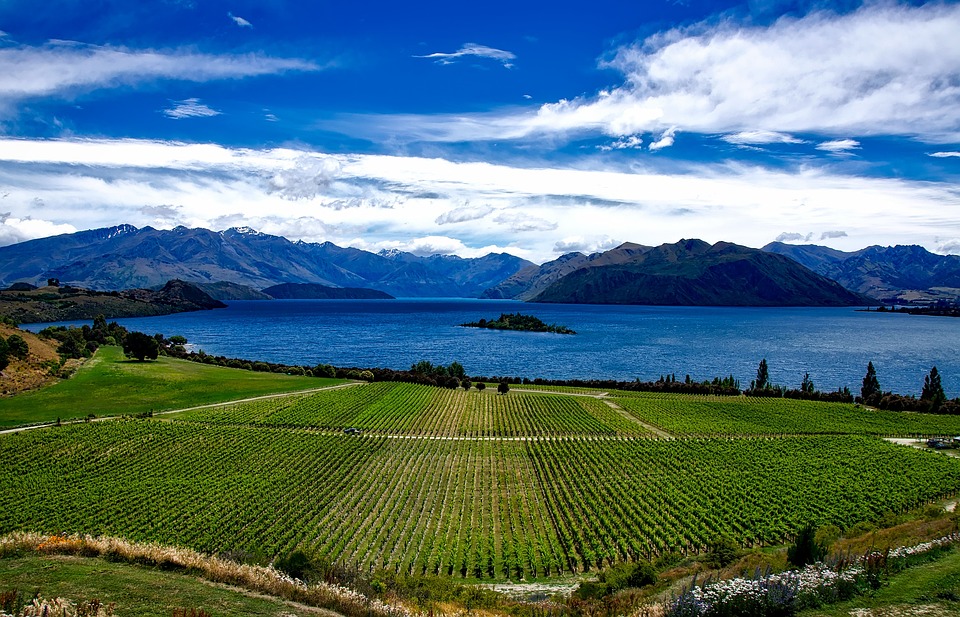This assessment of the United Nations Trade and Development body, Trectacome an update Posted Thursday before the last series of talks to develop a legally binding international instrument against plastic pollution.
“Although plastics are directly linked to the triple planetary triple crisis – pollution, loss of biodiversity and climate change – there is still no complete international treaty governing their composition, design, production, trade and elimination,” said UNCTAD.
Pollute our oceans
In 2023, plastic production reached 436 million metric tonnes worldwide, the negotiated value exceeding $ 1.1 billion of dollars. It also represented 5% of the total trade in goods.
However, 75% of all plastics ever produced has become waste, most of which have been in the world’s oceans and ecosystems.
This pollution also threatens food systems and human well-being, especially in small islands and coastal developing countries with a limited capacity to cope.
Support for substitutes
UNCTAD pleads for tariff and non -tariff measures to support ecologically durable plastic substitutes which are often derived from natural sources such as minerals, plants or animals, and can be recycled or transformed into compost.
The global trade in these substitutes reached $ 485 billion in 2023, with an annual growth of 5.6% in developing economies.
The evolution will require measures to meet the challenges linked to tariff and non -tariff measures, limited market access and low regulatory incentives.
Tariff disparities
UNCTAD explained that a reduction in prices on plastic and rubber products in the past 30 years – from 34% to 7.2% – has made them “artificially cheap”. Meanwhile, alternatives such as paper, bamboo, natural fibers and algae are facing average tariffs of 14.4%
“These disparities in the way materials are treated discourage investment in alternative products and hinder innovation in developing countries which aim to export safer and more durable alternatives to plastics based on fossil fuel,” he said.
Currently, 98% of plastics are derived from fossil fuels, which means that emissions and environmental damage should increase if they are without control. In response, many countries use non -tariff measures such as prohibitions, labeling requirements and product standards.
However, these regulations differ, resulting in fragmentation and an increase in compliance costs. In addition, small businesses and low -income exporters are fighting in the face of overlapping or inconsistent requirements, thus affecting the way they can both participate and benefit from sustainable trade.
Hope for treaty conferences
For UNCTAD, talks towards the plastic pollution treaty are promising. They started in 2022, the final round taking place next week at the UN in Geneva.
The treaty would cover the entire life cycle of plastics – production, consumption and waste – in a fair and complete setting.
The United Nations agency has declared that a successful treaty should include tariff and non -tariff measures to support sustainable plastic substitutes, investments in waste management and circular infrastructure, digital tools for traceability and customs compliance, as well as the coherence of policies through the executives achieved by the World Trade Organization (OMC); the United Nations climate secretariat, UNCCCC; The Basel Convention on hazardous waste and related regional measures.
Originally published at Almouwatin.com








